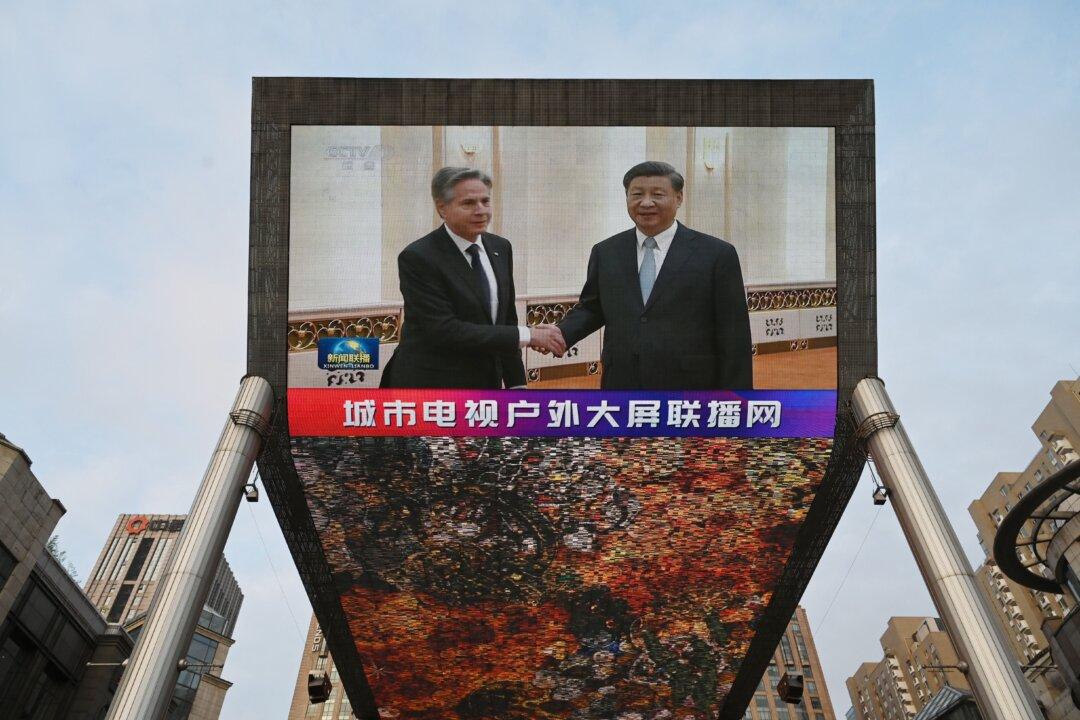U.S. Secretary of State Antony Blinken’s message during his trip to China this week could embolden China to make a move against Taiwan, according to Michael Sekora, founder and director of Project Socrates, a U.S. intelligence community program established under the Reagan White House.
After he met with Xi Jinping in Beijing on June 19, Blinken told reporters that he had a “robust conversation” with the Chinese leader and other top diplomats, ending a two-day trip.





